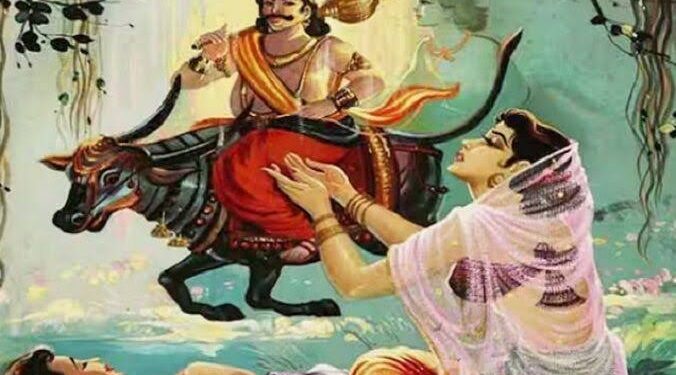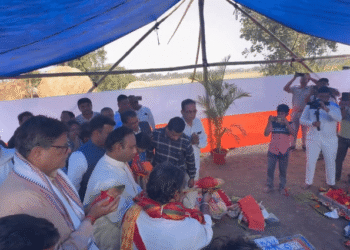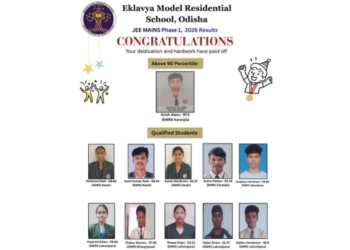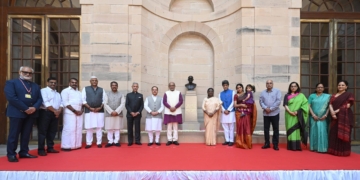Married Hindu women across Odisha are observing Sabitri Brata, also known as Jyestha Amavasya, today with deep devotion, fasting, and vibrant rituals to seek blessings for the health and longevity of their husbands.
Dressed in traditional attire, including bright sarees, bangles, and vermilion, women are seen visiting temples or performing elaborate rituals at home. The worship centers around Goddess Sabitri, revered for her unwavering dedication to her husband, Satyaban, symbolizing ideal marital devotion.
Temples across the state are witnessing large gatherings of women devotees, while many have invited priests home to perform puja rituals. The day-long nirjala vrata (fast without food or water) reflects immense spiritual discipline and faith.
Significance of Sabitri Brata
Sabitri Brata is a culturally significant festival, primarily observed in Odisha on Jyestha Amavasya, that emphasizes:
-
Devotion to Marital Bond: Women pray to Sabitri Devi, seeking her blessings for the well-being and prosperity of their husbands.
-
Spiritual Discipline: The rigorous fasting and prayer are seen as acts of inner strength, patience, and devotion.
-
Cultural Roots: The observance is deeply tied to Odia traditions, reinforcing the importance of family, harmony, and moral values.
-
Community and Solidarity: The occasion brings women together, fostering social bonding, shared storytelling, and mutual encouragement.
More than just a ritual, Sabitri Brata reflects the strength, faith, and cultural richness of Odia society, as women celebrate the eternal values of love, loyalty, and resilience.





























